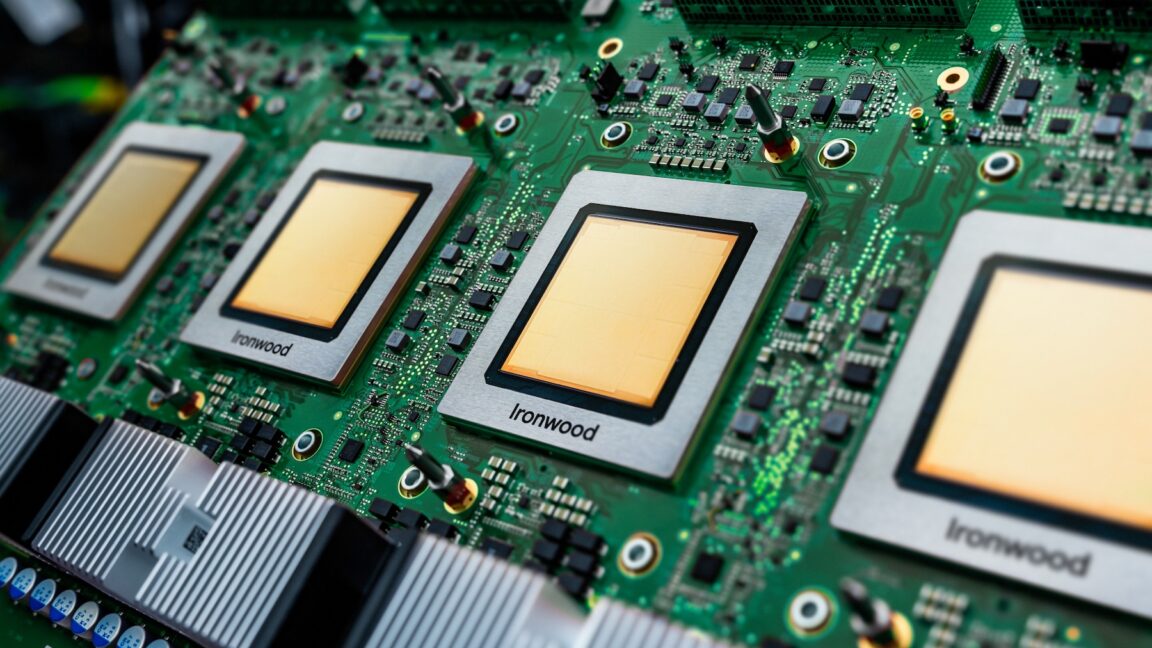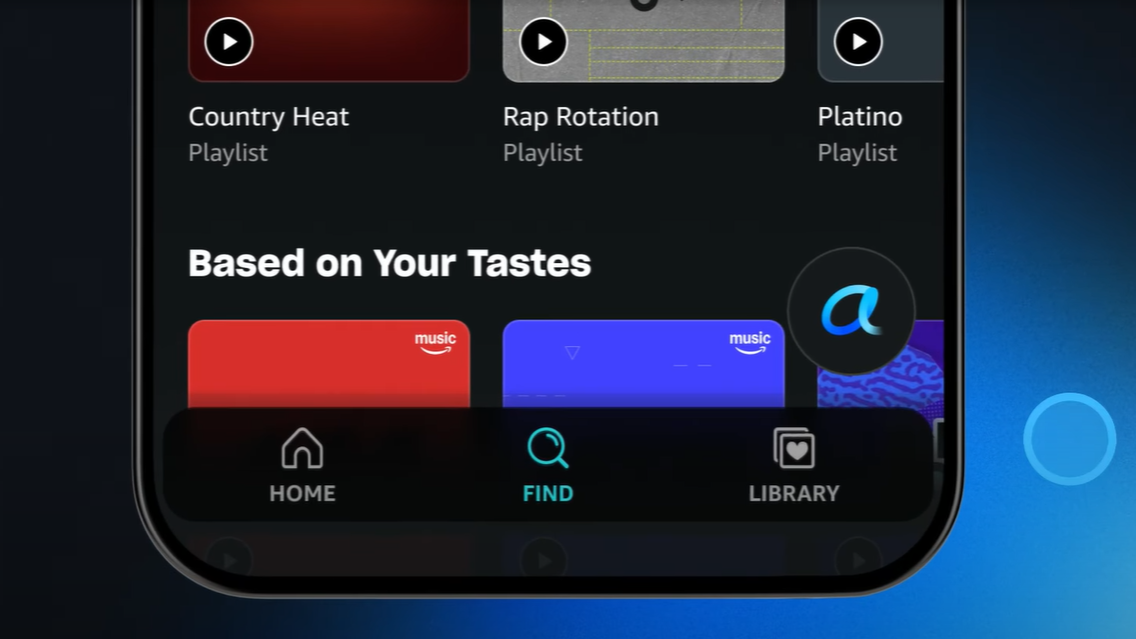
Microsoft Launches Synthetic ‘Magentic Marketplace’ to Test AI Agents, Reveals Weaknesses
Microsoft researchers, in partnership with Arizona State University, introduced a synthetic environment called the Magentic Marketplace to evaluate the behavior of AI agents. Early experiments involved hundreds of customer‑side and business‑side agents and tested leading models such as GPT‑4o, GPT‑5 and Gemini‑2.5‑Flash. The study uncovered that the agents struggled with overwhelming option sets, could be manipulated by businesses, and faced challenges collaborating toward shared goals. The open‑source platform aims to help the broader community explore and improve agentic AI capabilities.










